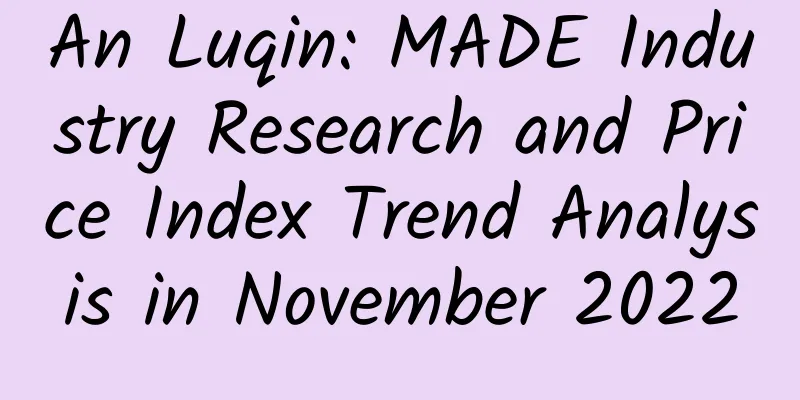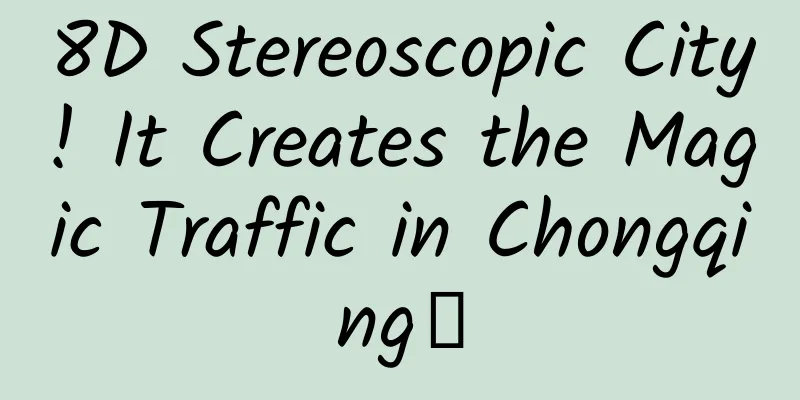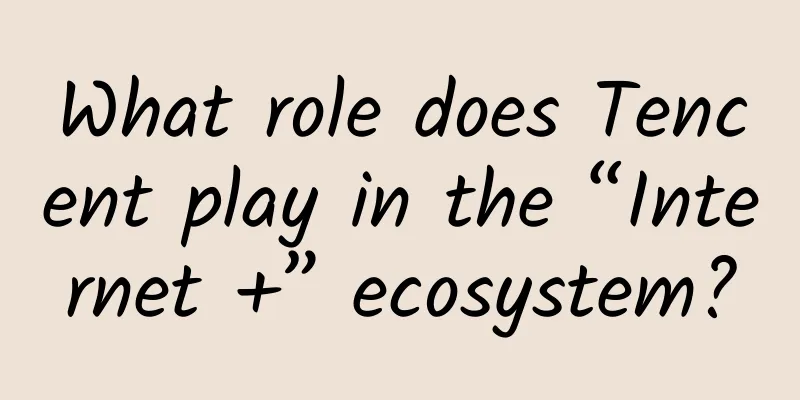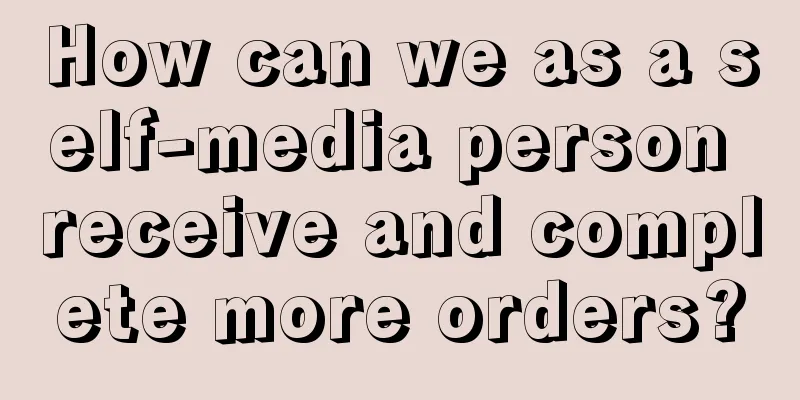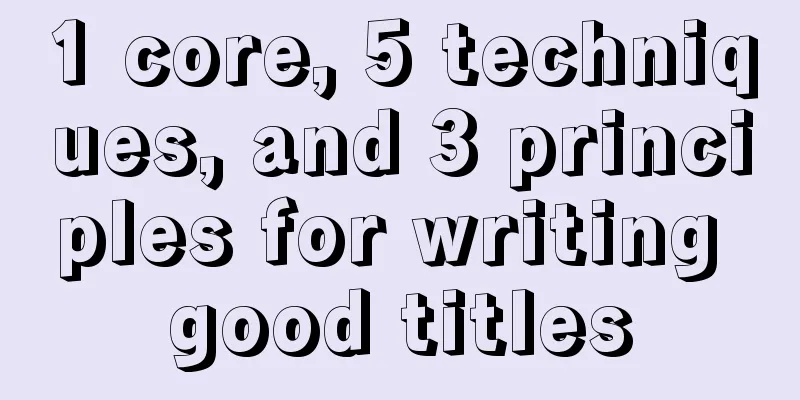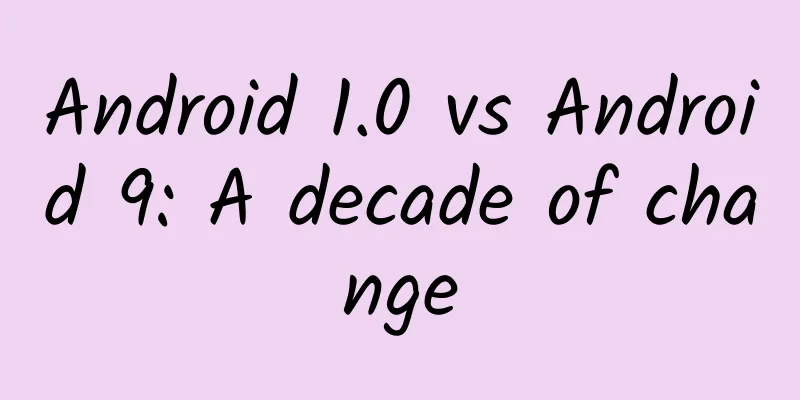In these sleepless years, what technological IQ taxes have we paid?
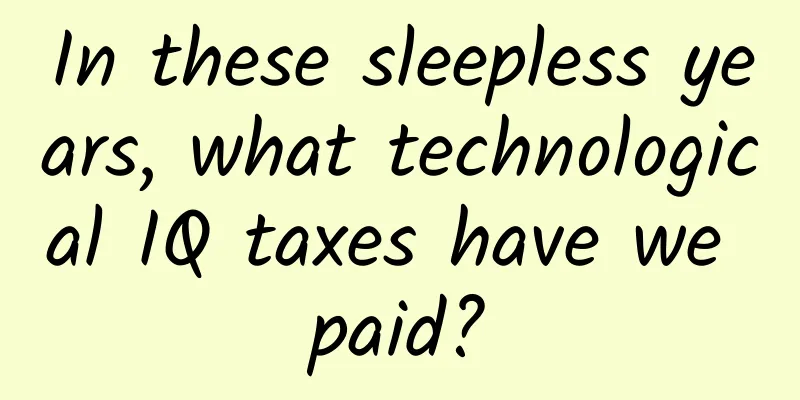
|
I don't know if you have noticed that the previous World Sleep Day didn't seem to make much of a splash. But this year, it was filled with all kinds of discussions and news. At the peak, several sleep topics were at the forefront of the hot search news. These signs are constantly revealing that sleep problems are becoming more and more serious, and sleep is being taken seriously by more and more people. In today's society, insomnia has become an important issue affecting the health of modern people. According to research institutes, more than 300 million people in my country have sleep disorders, and the incidence of insomnia in adults is close to 40%. Insomnia is gradually becoming a popular disease. There are many reasons why people can't sleep. In the home version of the Merck Manual of Diagnosis and Treatment, the main causes of insomnia are classified into five categories. In addition to common stress and bad sleeping habits, the occurrence of insomnia is also closely related to physiological and psychological diseases, such as various chronic diseases, unemployment, broken love, stress, etc. In front of sleep, all beings are equal, and insomniacs have become a vulnerable group. The topic of "insomnia" on Weibo has been read over 470 million times. Many people have begun to pay attention to the harm of lack of sleep and want to find some solutions beyond resonance. Insomnia Tears and Late-night Tax Among the various sleep aid products, consumers voted with their feet for sleep monitors and melatonin, which are the top sellers in the sleep therapy industry on Taobao. On Tmall, the annual sales of sleep monitors increased by 914% year-on-year, and the annual sales of melatonin increased by 40% year-on-year. In addition, some ventilators, sleep gummies, and jujube seed health tea have also become new choices for consumers. With more and more new insomniacs joining the ranks, the money prospects of the sleep economy are broad. According to the survey results of iMedia Research, the overall market size of China's sleep economy has increased from 261.63 billion yuan to 377.86 billion yuan between 2016 and 2020, an increase of 44.42%. It is expected that the market size of China's sleep economy will exceed 400 billion yuan in 2021 and will exceed 1 trillion yuan in 2030. Dark Web The huge market size and the growing trend have led to the emergence of many IQ tax products, and many products under the guise of black technology have begun to perform. Among the sleep artifacts, sleep bracelets, sleep aids, sleep aid speakers, smart mattresses and other products have begun to besiege young people. These products are basically promoted in two ways to let consumers choose. One is a sleep aid product based on a sleep bracelet, which provides personalized sleep suggestions by monitoring sleep status, heart rate, pulse rate, eye movement frequency, etc. The other is a sleep aid product that affects brain waves through pulsed electrical stimulation to achieve the advertised sleep-aiding effect. Sleep bracelets and other tests that track sleep status are considered a waste of money because all kinds of tests and suggestions ultimately lead to the so-called personalized summary of going to bed early and moving more. This is no different from controlling your diet and moving your legs to lose weight. Spending a few hundred dollars to buy a sleep suggestion that has become a consensus, observing so much data, and letting consumers understand so much of their own sleep data is fundamentally useless for helping sleep. Some people even become more anxious because of some bad sleep monitoring data, and the sleep-aiding effect is counterproductive. Strictly speaking, these devices are useless, but they have contributed to the popularization of sleep knowledge and consumer education. Sleep aids, such as detectors, change brain waves through pulsed electrical stimulation, which sounds very high-end. But in real consumer reviews, they were complained that the tingling electric shock made people even a little excited in the quiet of the night. In addition, some products have breathing lights, which makes insomniacs who are sensitive to light even more depressed. Sleep aids also have many requirements for insomniacs. They need to be used 20 minutes before going to bed, and they need to be used for many consecutive days to be effective. Excuse me? ? ? ? If you use it 20 minutes before going to bed and take an egg, you can fall asleep, right? Anyway, you will fall asleep after 20 minutes. Moreover, assuming it is really useful, how many people can operate it in the correct way for three stimulations a day for a month with this difficult-to-operate feature? Smart mattresses, a popular sleep aid product, are advertised as being able to adjust the hardness and angle to make sleeping easier. If consumers want to use smart mattresses to treat insomnia, that's nonsense. Smart mattresses can only make sleep deeper through the adjustment of smart devices at best, and they help the quality of deep sleep, not insomnia. It's just wishful thinking to expect this expensive device to cure insomnia. In summary, smart mattresses or smart beds are icing on the cake. If the psychological and physiological factors are not eliminated, it is a bit far-fetched to use these smart devices to treat insomnia. There is still a possibility of cure by addressing the root cause of insomnia, but these symptomatic treatments are just buying comfort with money. If unfortunately the above-mentioned sleep aids have failed, then we can only pray that the more detours we have taken, the smoother the road ahead. The detours we have taken due to insomnia are all taxes paid for staying up late. Where can technology be used? If we want to discuss whether technology can provide a cure for insomnia, we have to talk about the causes of insomnia. In the previous article, we also mentioned that the main causes of insomnia are attributed to common stress, bad sleeping habits, and physiological and psychological diseases. For areas such as physiological and psychological diseases and stress, where subjective and objective factors are relatively complex, it is difficult to provide direct intervention technology. In these areas, even humans who are good at psychology find it difficult to guide the cognition of some patients, let alone machines. In the current market, most companies that focus on digital technology diagnosis and treatment are more focused on collecting and mining data, and lack the means to improve, treat, and intervene. The users of these companies are mainly B-end customers. The main reason for the hesitation of C-end consumers in the face of these products is the effect and cost of treatment. It is reported that a set of digital treatment courses on the market costs about 1,000 yuan, and users are not very willing to pay. Currently, the main role of technology in sleep is still as an assistant, helping sleep rather than direct intervention in diagnosis and treatment. In the research on sleep, it may be a good role for research assistants. Machine learning is better than human researchers at mining and analyzing some sleep data. Through the mining and research of sleep data, it can assist researchers to carry out more key research on sleep. In some special sleep disorders, such as patients with sleep disorders suddenly pausing in their sleep, or suddenly losing consciousness and falling asleep while driving, intervention can be carried out by predicting data such as eye movement frequency and pulse. In the treatment of insomnia, the scope of direct intervention that technology can currently provide is limited. If you want to cure insomnia, it would be more effective to find a human doctor. Face the truth People who have trouble sleeping have their own stories and pains. On this year's World Sleep Day, an organization further refined the data of these stories and divided the insomniacs into three categories: real patients who can't sleep, free souls who don't want to sleep, and "working dogs" who work overtime and stay up late. Among them, 46% of people choose to "actively insomnia" because they don't want to sleep. Among the "active insomniacs", those born after 2000 account for 60%. Young people born after 2000 have taken over the banner of staying up late from those born after 1980s and 1990s, and have chosen to stay up late on their own initiative. However, this choice is also a passive one. The brainpower and time squeezed during the day can only give them some breathing space at night. What freedom do young people have? Perhaps the freedom to stay up late is one of them, which makes me feel very depressed. In the face of insomnia, many businesses have carefully selected plans to save themselves from staying up late, catering to the simple desire of young people who are eager to buy a good night's sleep, cutting leeks and collecting IQ tax. However, in the Douban sleep group, you can also find many cute patients who do all kinds of weird things to have fun. For example, they count dumplings instead of sheep, which is more effective, listen to the Great Compassion Mantra, shake their heads until they fall asleep, and do eye exercises. They are weird but cute. For patients with severe coffee addiction, the method of taking C in the morning and A in the evening is adopted to fight insomnia. This term is quite popular in the field of skin care, which refers to using vitamin C skin care products in the morning and vitamin A in the evening. In the field of sleep, it means using coffee to refresh in the morning and drinking alcohol to help sleep at night, ending a hard day with a little tipsiness, and even allowing office workers to face repetitive work, their tolerance has increased a lot. Whether you choose to be joking or serious, please face up to sleep, which takes up one-third of our lives. The importance of sleep is self-evident, especially in the face of the current uncertainty, the rampant spread of the new coronavirus, and the attacks on the immune system and psychology require a strong body to fight. Recently, Lu Lin, an academician of the Chinese Academy of Sciences, mentioned in the popular science column "Academician Lectures" that the new crown will affect human psychology for 20 years. Since the outbreak of the new crown pneumonia, hundreds of millions of people around the world have suffered from insomnia, with 70 million new depression patients and 90 million new anxiety patients. The academician suggested that ordinary people should be prepared for the long term, not only to exercise, but also to maintain good sleep. In the daily necessary sleep, you need to invest your energy to adjust, and recuperate to live forever. Turgenev said in "First Love": Don't be afraid. The most important thing is to live a normal life and not be a slave to passion. Otherwise, what's the point? No matter where the waves roll you, it's still the same. Even if a person stands on a stone, he must stand on his own feet. No matter what situation we face in the future, we must return to normal life and face up to sleep, which is our blood. In all the turmoil, all the frustration, all the comfort, and upward energy come from time and sleep. Facing this reality, sleep will also give us a quiet place, a forgotten place to rest our souls. |
<<: Do people who are "targeted" by cancer tend to have cold hands and feet?
>>: Why is it so important for older people to get vaccinated against the new coronavirus?
Recommend
Analysis of commonly used user acquisition strategies for online and offline platforms
This article mainly discusses the analysis of use...
Apple's new iPhone production this year is 65 million, the lowest in four years
At 1 a.m. Beijing time on September 11, Apple wil...
Which industries are suitable for bidding for OCPC? Urgent, waiting online!
We all know that Baidu recently updated its backe...
Behind the rapid development of AI big models, is sustainable development achieved through “green computing”?
Currently, artificial intelligence (AI) has been ...
Fengyun satellites provide insight into global "wind and cloud"! 121 countries and regions are using them
Recently, the National Satellite Meteorological C...
High ROI skills for massive Qianchuan investment!
There is a saying in the industry: If the thousan...
Should the elderly get the COVID-19 vaccine? How to get it? One article explains!
Recently, the COVID-19 pandemic remains complex a...
The only power of a sailboat is the wind, so the speed of the boat must be less than the speed of the wind? In fact, a boat can be faster than the wind
Compared to modern ships powered by large diesel ...
Foreign media said that Google will not return to China in the short term: the fundamental problem has not been solved
[[155170]] According to foreign media reports, al...
Product operation, how to build an operation system?
[Introduction] DAU, GMV, CPM, CPC... This series ...
Borrowing money is a bottomless pit! Teach you how to close Huabei and Baitiao
[[356185]] How can I close Huabei and Baitiao? &q...
We will teach you how to create short videos on your mobile phone from scratch: shooting - materials - traffic generation - practical operations!
We will teach you how to create short videos on y...
5 major techniques for attracting new users to public accounts, this time all the old secrets are revealed!
If you happen to be operating a public account an...
Beijing autonomous driving road test report released: Baidu Apollo, the leading player in China and abroad, accounts for 91% of the total mileage
On April 1, the "Beijing Autonomous Driving ...
From stinky tofu to spicy rabbit heads, how did these collections end up in museums?
In our impression, museums are usually serious an...
